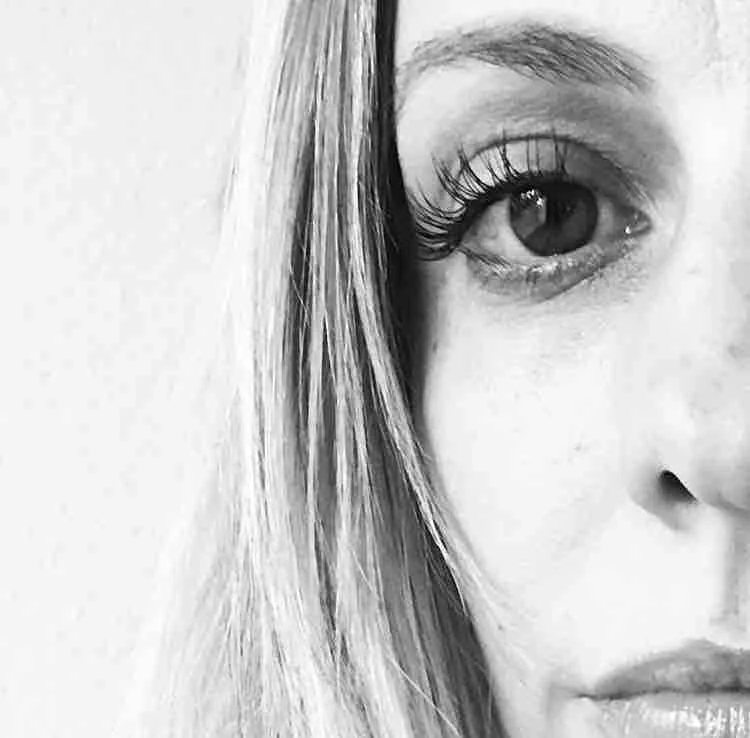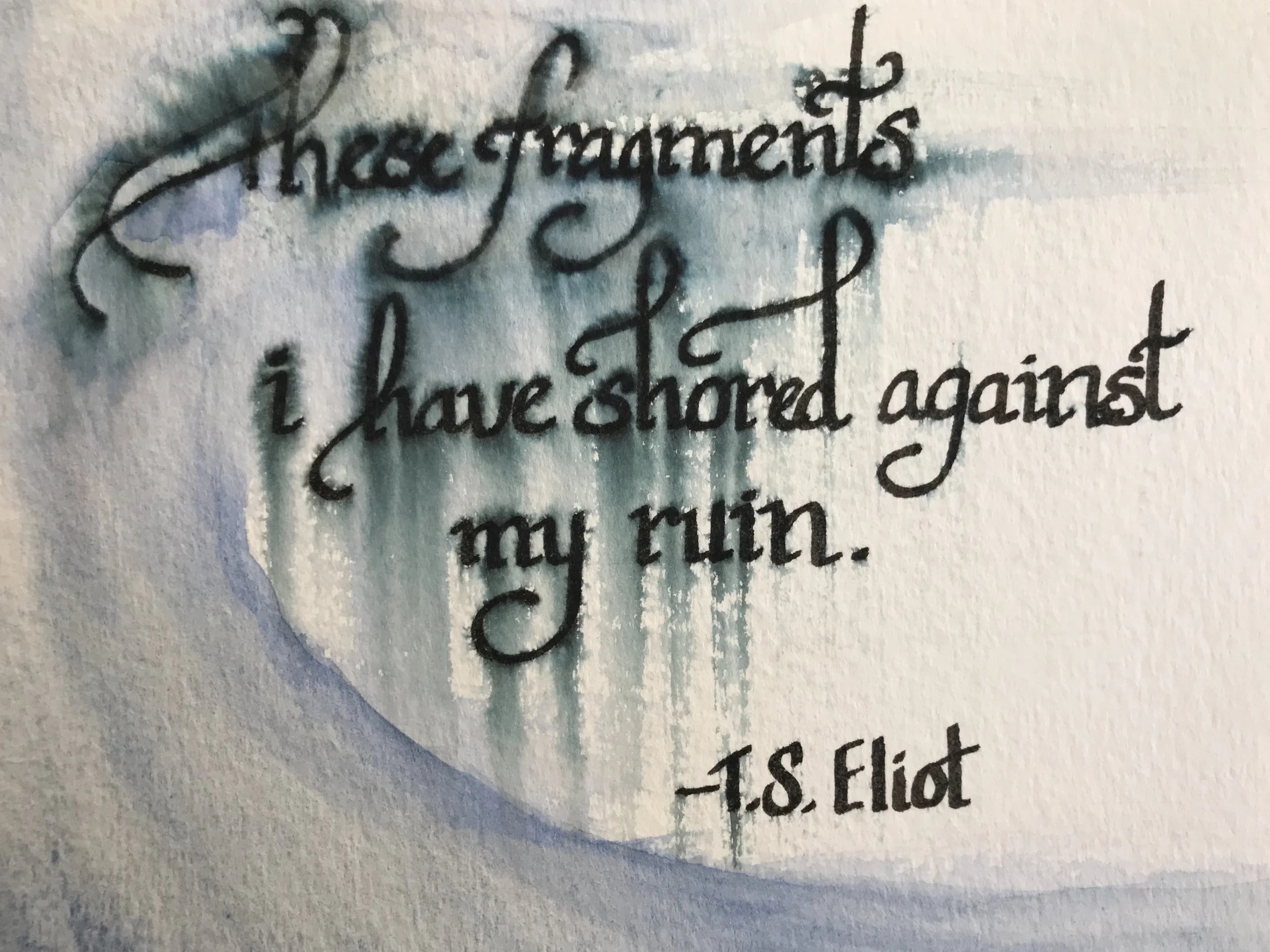I quit taking two of my psychotropic medications and suddenly, I believe in God again. [ NOTE: I did this under my doctor's care and according to his orders. I didn't quit my meds just because I wanted to. Don't do that! ]
So, yeah. Apparently one of the side-effects of mood stabilizers is atheism. At least, for me. Somehow, these drugs seem to shut down the God-receptors in my brain. Here’s how it happened:
Last month I developed a rash from Lamictal. It gave me a good scare because my doctor had warned me that sometimes Lamictal can cause a FATAL rash (Google “Lamictal rash” for fun pictures).
Anyway, so there I was with two rashes. One on each leg. And I was like: OMG WHAT IF THIS BECOMES FATAL? So, I went to the doctor and they took me off the medication immediately. And then wonderful things happened:
1. I didn’t die,
2. the rashes went away
3. and I began to feel my life again.
Mood stabilizers numb me out. I mean, sure. I don’t have mood swings. I don’t have mania. But I also can’t feel ANYTHING. Everything is just blahhhhhh.
In the past three weeks I’ve felt my life coming back to me. It’s like my emotions are coming back to life. And here’s the best part: I have faith again. Remember how just last month I was deep in the throes of a spiritual crisis? I mean, I was doubting EVERYTHING about my faith right down to whether the Resurrection was real. Also of note: I was on TWO mood stabilizers.
What if my doubts were the result of medication? What if the mood stabilizers also numbed out my spirituality?
That freaks me out. But it’s also kind of a relief because for awhile there I thought I was becoming an atheist. I was reading memoirs about people losing their faith. II was reading research about how lack of dopamine in the brain affects the ability to believe in God. I was getting all depressed because I felt alone in the universe and very, very small. So insignificant. I wondered if God even cared about me anymore.
I don’t know what to make of all this. I didn’t realize that my faith in God was so dependent upon brain chemistry. Does my faith require a certain combination of neurotransmitters in order to exist? At the very least it seems to require a certain combination of neurotransmitters in order for me to FEEL like my faith exists.
Is my faith so weak that it falls apart when my brain isn’t producing the right chemical balance? Or is my faith’s sensitivity an indicator of its great strength? I can’t decide which it is.
Regardless, this experience has shown me in unequivocal terms that I am a deeply spiritual person and that I rely on my spirituality to help me get through life. I need prayer. I need words from Scripture. I need the Sacraments. These things nourish and sustain me. They ease my anxiety. These things provide true and real comfort to me.
But in order for me to feel my faith, I can’t be numbed out completely on psychotropic medication. It’s a delicate balance, finding the sweet spot where the medication is helping me but not causing intolerable side effects. Becoming an atheist is, for me, an intolerable side effect!
This whole thing has made me question whether faith is something within our control. I used to believe that faith was something I was in charge of; something I could manipulate simply by doing x,y and z. Praying, reading Scripture, doing Bible Studies, going to church...I simply assumed that if I did all of these things then I would have a vibrant faith.
Little did I know that my faith was more about whether or not I was on mood stabilizers.
This makes me wonder if faith is something God gives to people rather than something people get as a result of working at it. It seems to me that faith is more of a gift, something God gave me rather than anything I did or didn’t do in order to have it.
Of course, there are “best practices” for creating an environment where faith can grow. It helps to have a faith community. It helps to be married to a believing spouse. It helps to know how to pray and read Scripture. It helps to know how to meditate. But ultimately, I’m beginning to believe that faith isn’t something we work for, faith is a gift. It’s something given to us.
Honestly, this makes a lot more sense to me. It also gives me greater compassion for those who simply can’t believe. I used to think that unbelievers were choosing their lack of faith. I sort of looked down at them, assuming that if they just prayed more, hung out with other people of faith and engaged in faith practices, then they would have faith. But I don’t believe that anymore. I mean, I lost my faith not because I got disillusioned with the church or because I wasn’t praying or going to church. I lost my faith by taking a few pills every morning. And I got it back by not taking those pills. So, yeah. It wasn’t like I chose it. It just happened.
Once again this makes me ask the question about whether or not what I believe is real and true. But that question no longer bothers me. It’s real enough for me. That’s all that really matters. I have a mustard-seed faith and even if it can’t be proven scientifically, the truth is that it provides me with tangible benefits. It makes me a less anxious person. It makes me a more loving and compassionate person. It helps me live according to my values. It’s a faith that works even if it’s a faith I didn’t work for. It’s just there.
This past Easter was one of the happiest I could remember. I could FEEL my love for Jesus again. I felt such gratitude for His friendship; such gratitude for His love for me. And I was relieved to discover that Jesus hadn’t gone anywhere. My bout of atheism hadn’t changed anything for Him. He remained faithful. He remained loving. He continued to offer me the Eucharist. I find that so comforting. I find it so truly wonderful that God loves me with such unconditional love. And that that love is not dependent on whether I believe in it. That love just IS.
I am walking away from this experience having learned (once again) that God is so much bigger than I thought He was. And I am so so grateful for that. God is bigger than my imagination. God is bigger than big. Love is bigger than I imagined it. Love is not dependent on my ability to conceive it or categorize it or control it. It’s entirely OUT of my control and that is the most wonderful thing of all.
Side-effects of faith may include: faith, hope and love. But the greatest of these is love.
















